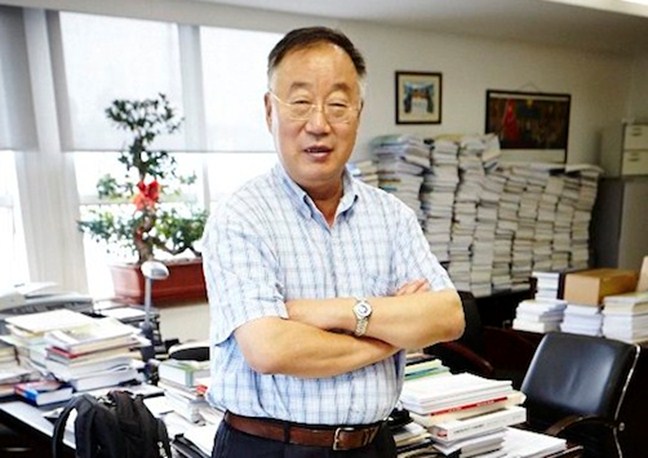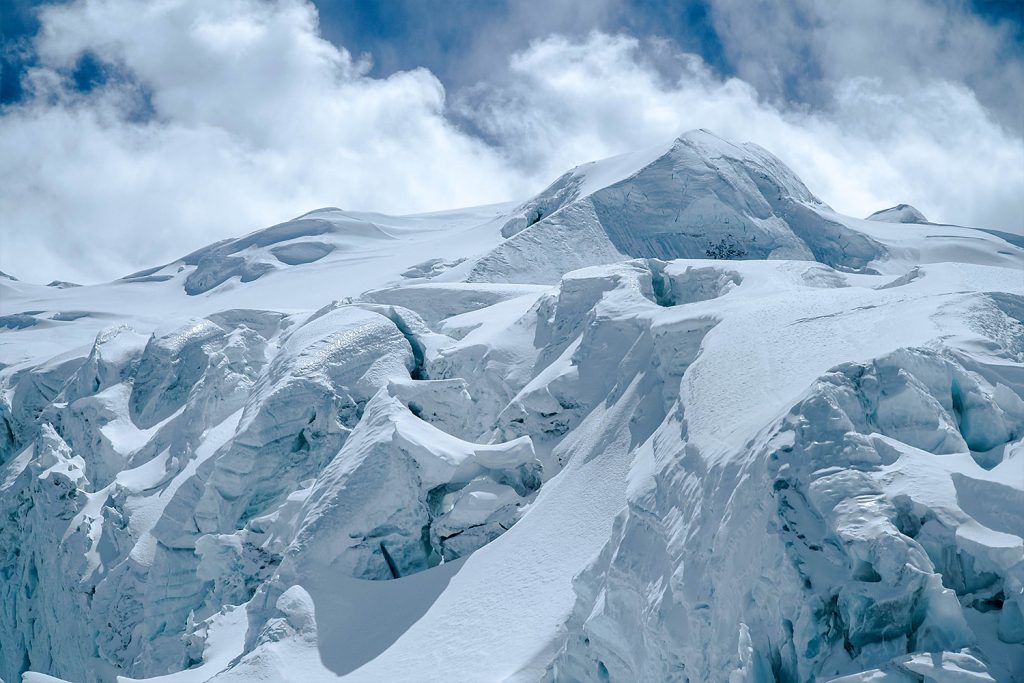Chinese glaciologist and climate scientist awarded the Volvo Environment Prize
The Chinese glaciologist and climate scientist Dr. Qin Dahe has been awarded this year’s Volvo Environment Prize. The award winner is a key contributor to the fifth assessment report from the UN climate panel (IPPC), whose first section, the “Physical Science Basis”, was released in September.

He attracted wide attention last year with a report on how climate change leads to more extreme weather events. Dr Qin Dahe had a leading role in last year’s special report from IPCC on extreme events and catastrophes. It was the first report to show scientifically what many had already suspected, that extreme weather and climate phenomena have become more frequent over the last 50 years.
How climate change affect extreme weather
The findings gained wide currency since they showed a clear connection between climate change and periods of extreme conditions, such as extended droughts and heat waves, but also torrential storms and rain in other regions. In its citation for this year’s Volvo Environment Prize laureate, the Award Jury calls the report “a game-changer”. In the words of the Jury, “the report demonstrated for the first time a clear link between climate change and many extreme events, an issue of immediate relevance for human well-being in many parts of the world”
Why the cryosphere is important for the climate
Dr Qin is also a leading expert on cryosphere in central high Asia and its importance. The cryosphere is one of the main components of the Earth’s climate system, comprising snow, river and lake ice sea ice, glaciers, ice shelves, and frozen ground. Especially, glaciers have important impacts on water resources and ecosystems for more than two billion people in Asia.
Dr Qin has himself led several scientific expeditions to the Himalayas, and also been on expeditions to the Antarctic.
– There is no doubt that the major part of the glaciers in the Himalayas is disappearing fast. But one of the research areas we will tackle is the question of whether the Greenland ice cap is stable or not. And as well, the risks for more extreme occurrences such as drought, floods and storms, says Dr Qin.
 The Himalayas
The Himalayas
Dr Qin Dahe hopes that the scientific evidence in the fifth assessment report from the UN climate panel will be enough to lead to a breakthrough in global climate negotiations.
“There is no doubt that the major part of the glaciers in the Himalayas is disappearing fast.”
– There is an encouragingly fast development in climate models. We are now seeing much smaller discrepancies between prognoses and what we observe in the form of temperatures and carbon dioxide concentration. My hope is that the scientific evidence will prompt people all over the world to work together to reduce emissions, says Dr Qin.
Dr Qin Dahe is a glaciologist at the Cold and Arid Regions Environment and Engineering Institute in Lanzhou, China, and Co-chair of Working Group 1, IPCC, the Intergovernmental Panel on Climate Change. He previously headed the China Meteorological Administration. Dr. Qin has published more than 170 scientific articles in English and 230 in Mandarin.